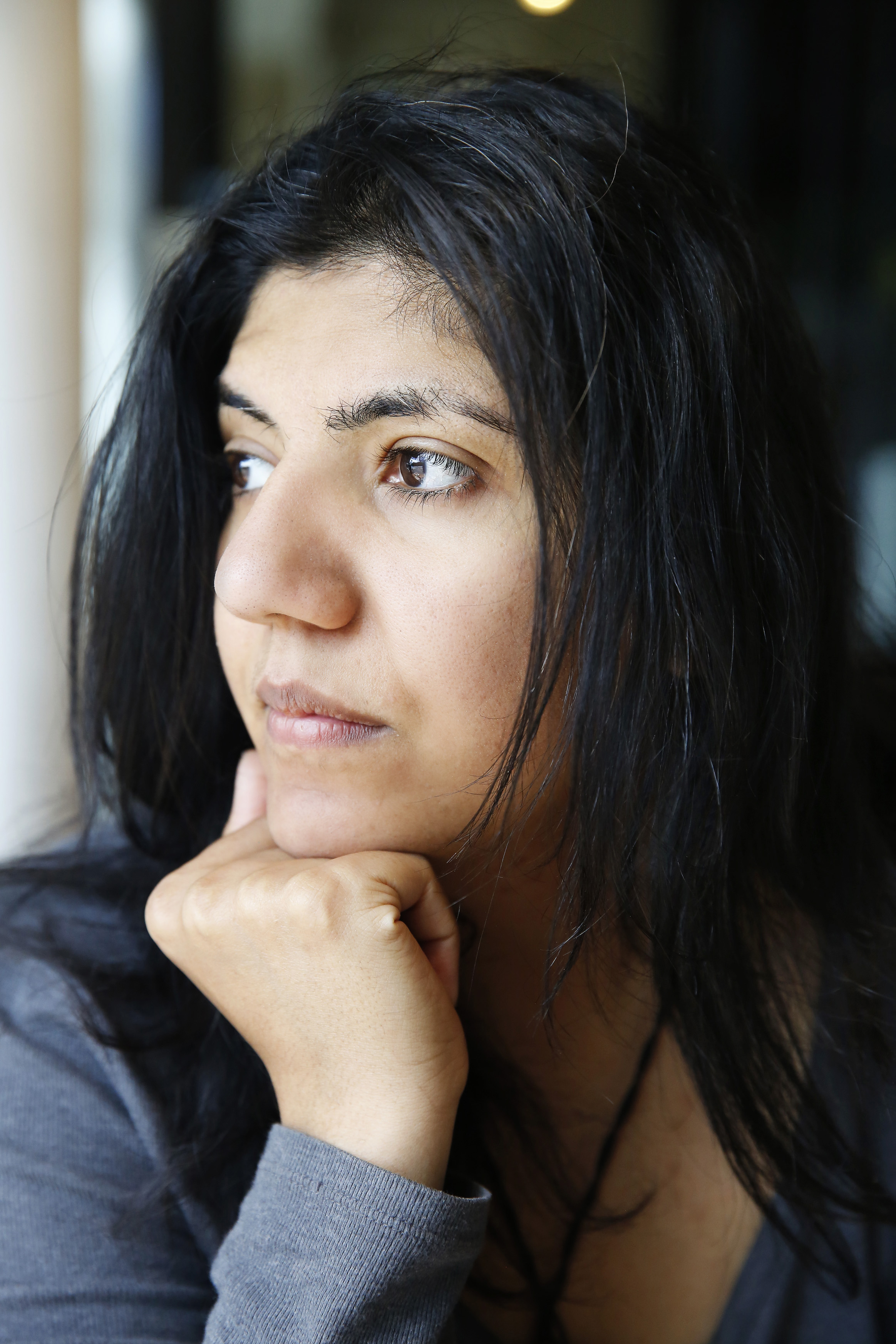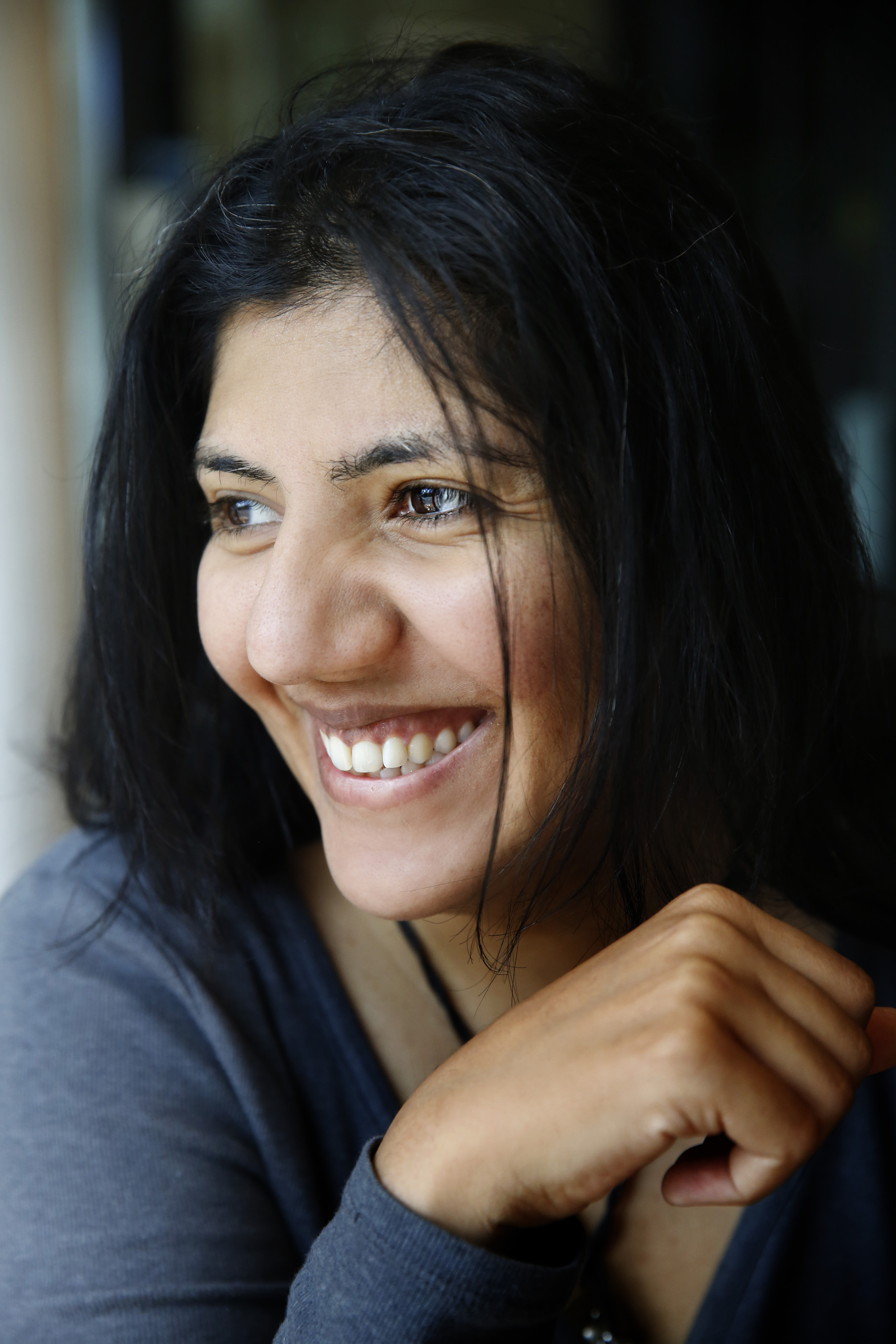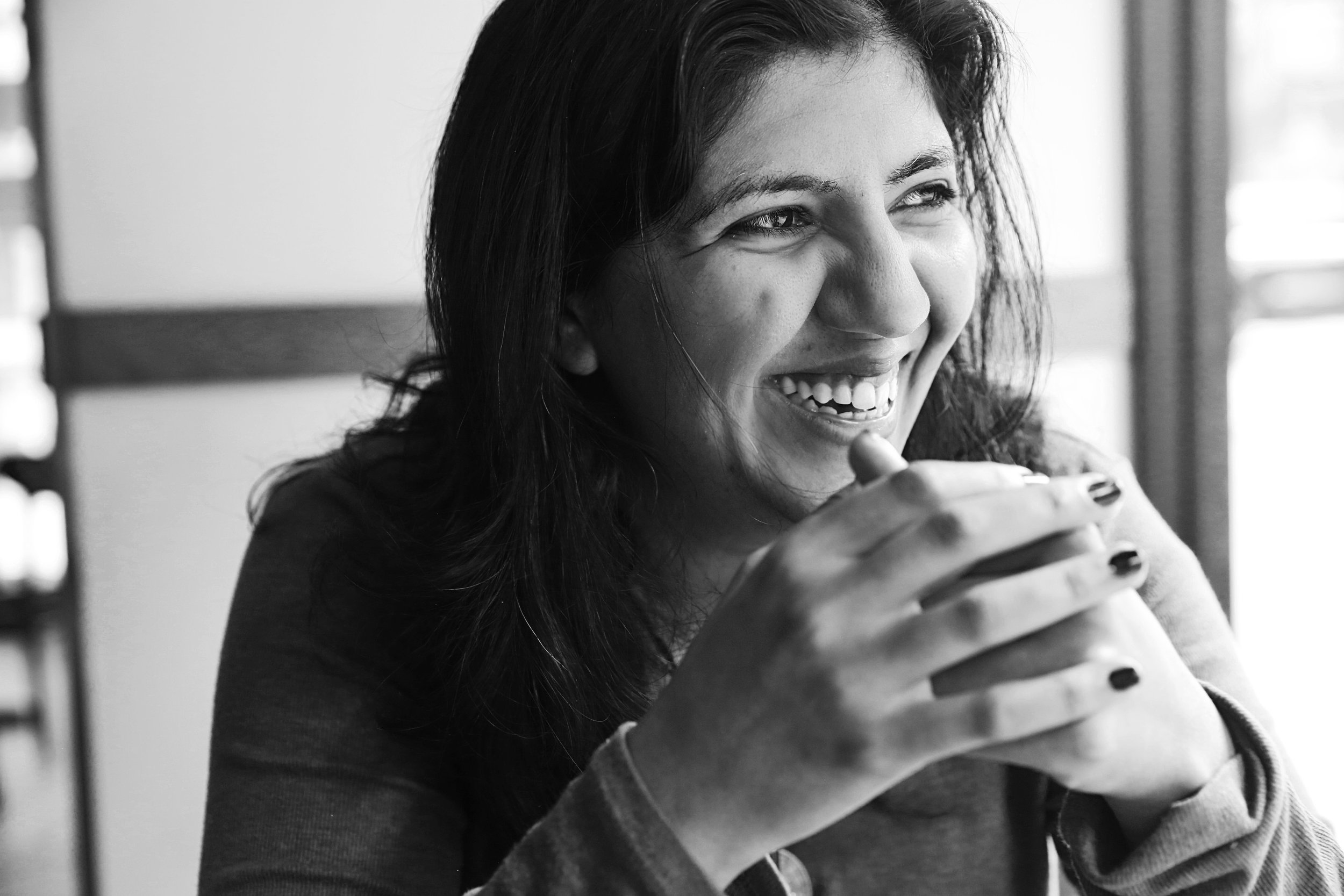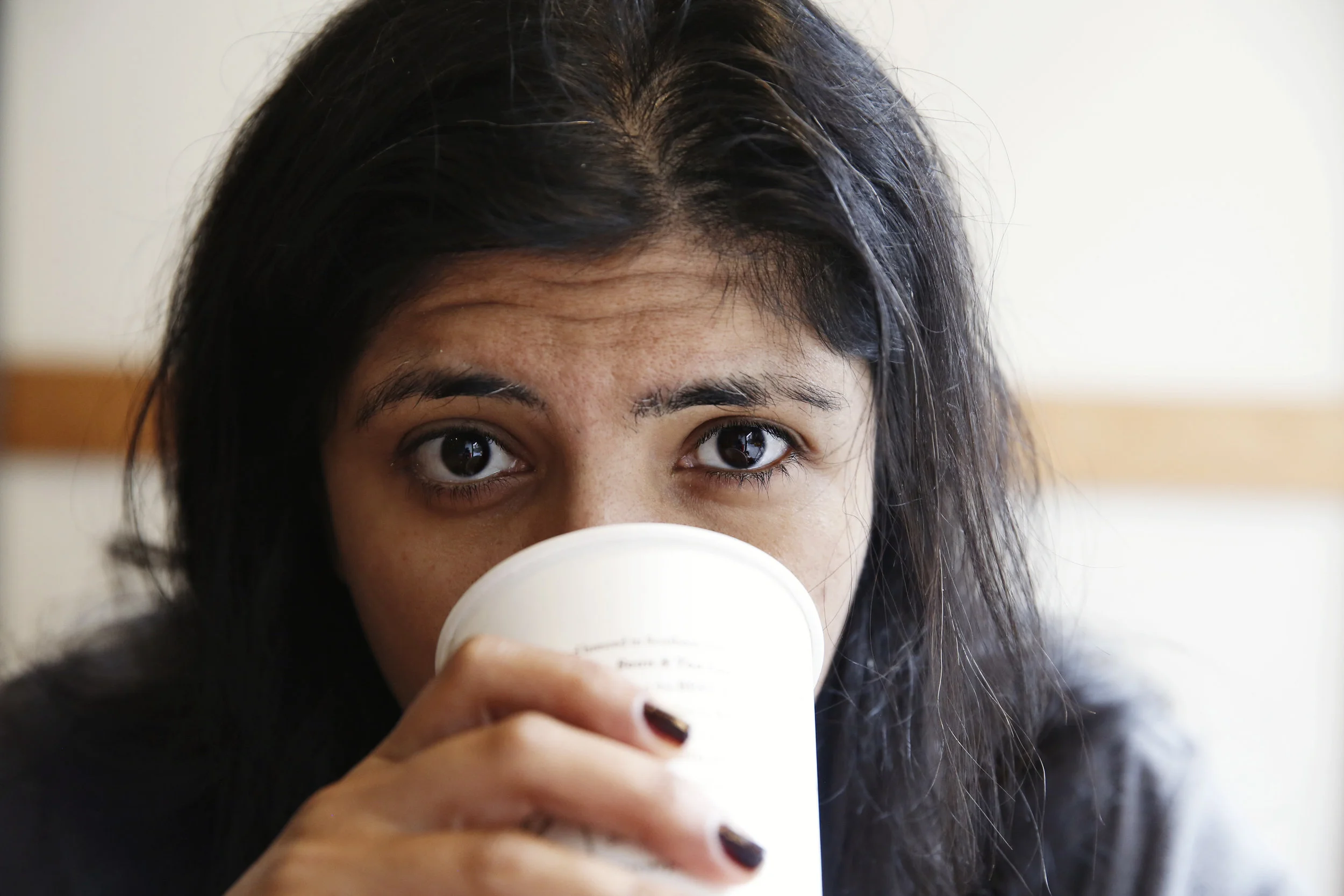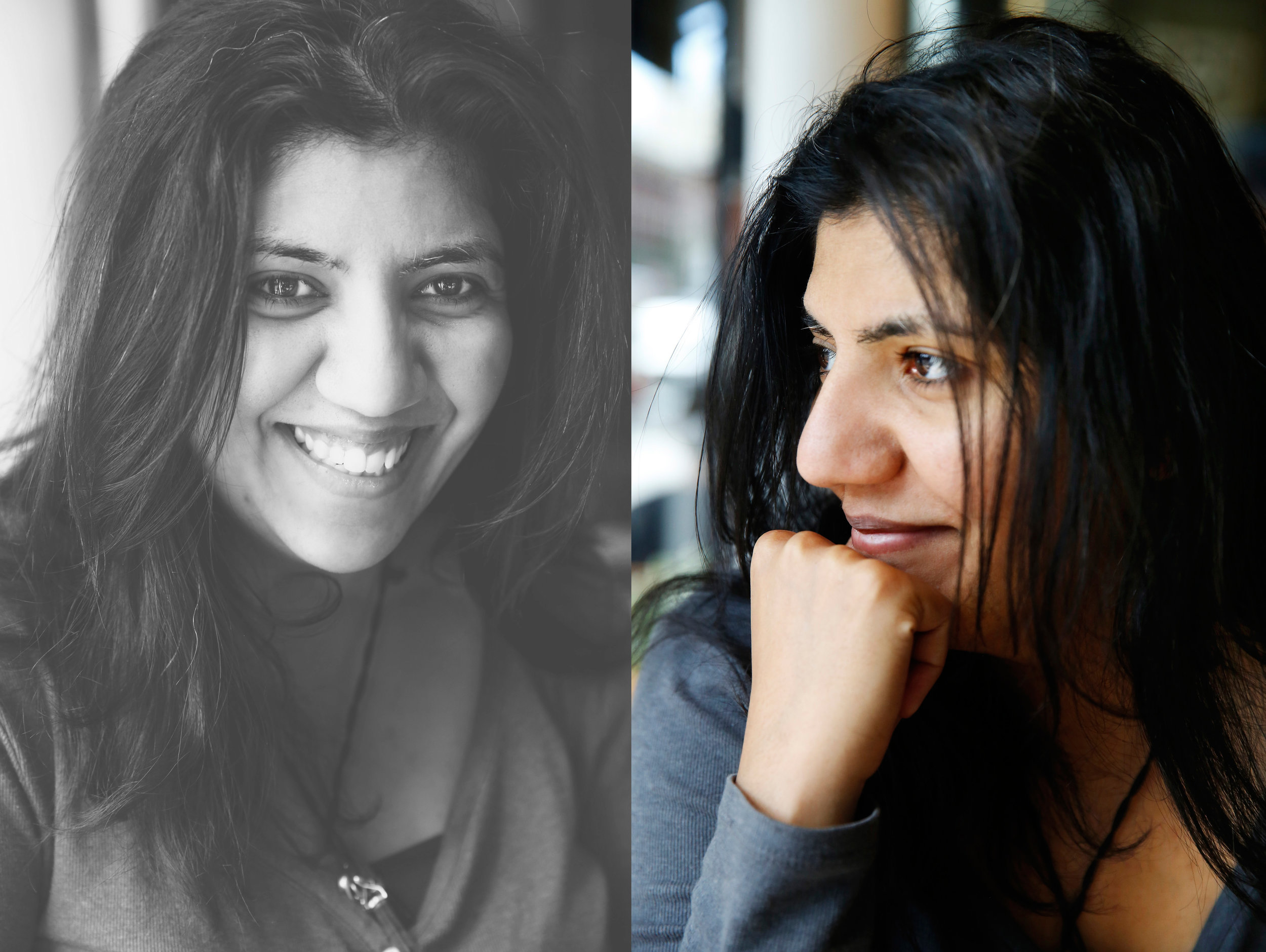Scholar and Women's Rights Advocate, Boston, USA
1. Name.
Leena A.
2. Where is your hometown?
Good question, one that I wonder about constantly :) I grew up in the Middle East, so in some ways that’s where I feel most at home-- places like Dubai, or Cairo, or Beirut. I love big, busy American cities that are diverse and which attract interesting, driven people from all over the world. Currently I live outside of Boston, and consider that home for now.
3. What is your profession/career/title/self-label/designation?
I’m a late-stage PhD student and teaching fellow at the History of Science Department at Harvard University. I am working on a dissertation that looks at the influence of the women’s movement against rape in the 1970s on how we understand trauma and trauma psychiatry, and particularly on how the diagnosis PTSD was created in the late 1970s.
I’m a historian, but I’m also an activist interested in issues around gender violence and gender-based discrimination in work settings and in academia. Studying this in historical perspective allows me to combine my passion for history with issues that I think are important, and, I hope, make a difference out in the world by giving people a different way to think about these issues.
4. What was the journey like to get where you are (career wise)? When was the mental shift to start the journey?
I actually started my adult working life in the financial industry. What brought me to the PhD program was my interest in understanding, and ultimately mitigating, gender violence. Growing up in several different places meant that I saw early how gender-based violence manifested differently in different settings. In college, I became interested in cultural history in my freshman year, particularly in the influence that psychiatry and psychology have on how we perceive and understand ourselves.
I entered the financial industry when just out of college, then went back to do an MA in history after realizing how much I missed it. I then managed to find the one position that allowed me to combine both of these interests/areas of training when I became the Exhibit Director at the Museum of American Finance. In college and while I was doing that, I also volunteered as a rape crisis counselor, which is where my interest in the question of gender violence and the conditions that make it possible deepened.
The turning point came for me when I was at the museum, and I realized that although I loved it, I didn’t want to be doing it forever. Long nights with survivors in the emergency room made me start to think in bigger ways about the issues that I cared about. After doing some more graduate-level work at New York University’s transdisciplinary trauma studies program, I ended up at History of Science at Harvard.
5. Biggest accomplishment since making the (physical/mental) move?
I’m still particularly proud of the museum work. When I was there, I was able to write and mount exhibits on topics like women on wall street, financial scandals (in the wake of Bernie Maddoff and 2008 crash), as well as the crash itself. It was a tumultuous and interesting time for the financial markets, and being in the role of translator to people who wanted to understand what was happening was both exhilarating and humbling.
As for my work in the present, this is a challenge unlike anything I’ve ever undertaken. I love teaching, and proud of how I’ve been able to work and connect with students during my time here. Hopefully the next big accomplishment will be my dissertation!
6. What was biggest disappointment and plan to overcome it?
Things won’t always pan out as you want or expect them to. I think the key is to not make failures or disappointments personal, but instead think of them as setbacks or course corrections. It can be hard, especially if you were very hopeful about something. Time and focusing your attention and energy elsewhere can be very healing!
7. Advice for other women?
Let’s see… I think that in many settings women are inclined to not take credit for things as much as they should. While all efforts are somewhat collaborative, it’s also important not to defer or give your power away, or downplay your own accomplishments, or just work hard and hope that people notice your efforts. There’s an art to making sure your work is seen and recognized without feeling like you’re bragging. Another is to feel free to take up space-- not apologize with your body language or tone of voice for your presence. And yet another is to do things before you think you’re ready, and trust that you’ll be resourceful enough to figure things out as you go along. (This is advice that I am trying to take myself at the moment!)
8. Where in the world do you feel “tallest”?
Not when I’m standing next to you my friend, that’s for sure! ;)
9. What is the future goal/challenge (career goals in 5-10 years)?
I’m at the point where I’m starting to develop my voice and think about how I want to put my ideas out into the world. In some ways it’s terrifying. In others, it’s the culmination of things that I’m spent over a decade thinking and learning about, and I’m impatient to get it going!
10. What fears are you still hoping to overcome?
I’ve tended to keep to myself rather than wading into much debate on topics I care about-- a byproduct, I suspect, of having been raised in environments where dissent could be dangerous. I wonder sometimes if my reluctance to speak up in certain settings is me still living as if. Then again, speaking publically about violence and gender can mean that you become the target a certain kind of vitriol, so that’s on my mind too.
11. Anything you'd do differently (if you had another go at life?)
Metaphorically speaking, I suppose I’d use tighter stop-losses. I can be too forgiving sometimes!
12. What inspires you?
People who have the courage to themselves and live their truth, even when it’s dangerous for them. I’ll give you some examples of things I’ve seen recently. Last week I rewatched the movie Milk, about Harvey Milk, the first openly gay politician to be elected to office. I’m amazed at amount of determination it took back then! The HBO movie Confirmation is a great dramatization of Anita Hill’s testimony in the Clarence Thomas hearings. Documentaries like Makers and She’s Beautiful When She’s Angry are telling the important stories of the Second Wave, and are reminders that people had to struggle hard for things that we take for granted now.
13. Who is a “WOW Woman” in your life who inspires you (and why)?
Oh, there are so many. I’m lucky to have lots of bright, capable women in my life. I’m inspired by the women whom I’m fortunate to have as friends and as mentors. My dissertation project deals with the Second Wave feminist movement and in doing research for it, I’ve been able to talk to really interesting, dynamic people who changed the world.
14. Where can others find you/your work (links to websites, blogs, etc.)?
Ok here goes:
This is a supercut of the Women of Wall Street interviews-- I highly recommend it. This is the project that got me interested in issues of gender discrimination in the workplace and academia.
Here’s a link to a PDF version of the Tracking the Credit Crisis exhibit (you’ll have to zoom in, and it’s color coded!)
Here’s a blog that I started some time ago. I haven’t fully decided what direction to take it in, but there’s the story of a weird little chapter in Wall Street/NYC radical feminist history posted on it at the moment.
I don’t know if anyone who’s not in finance or theater will appreciate this, but here is a review I did of the Enron play for the BBC. I thought it was excellent, but it closed in New York before previews were over, possibly because in order to understand the play, you needed some background on what happened (to have seen the documentary, for instance).

